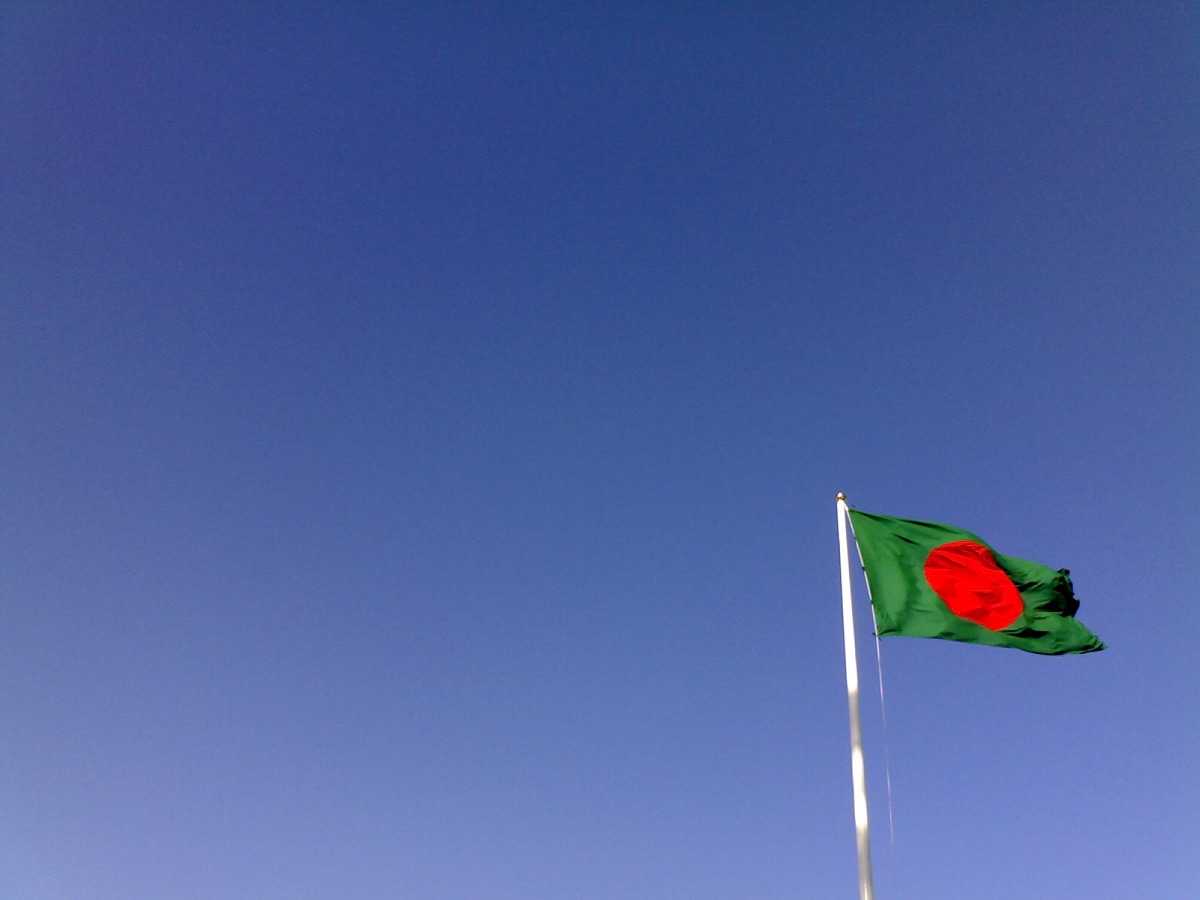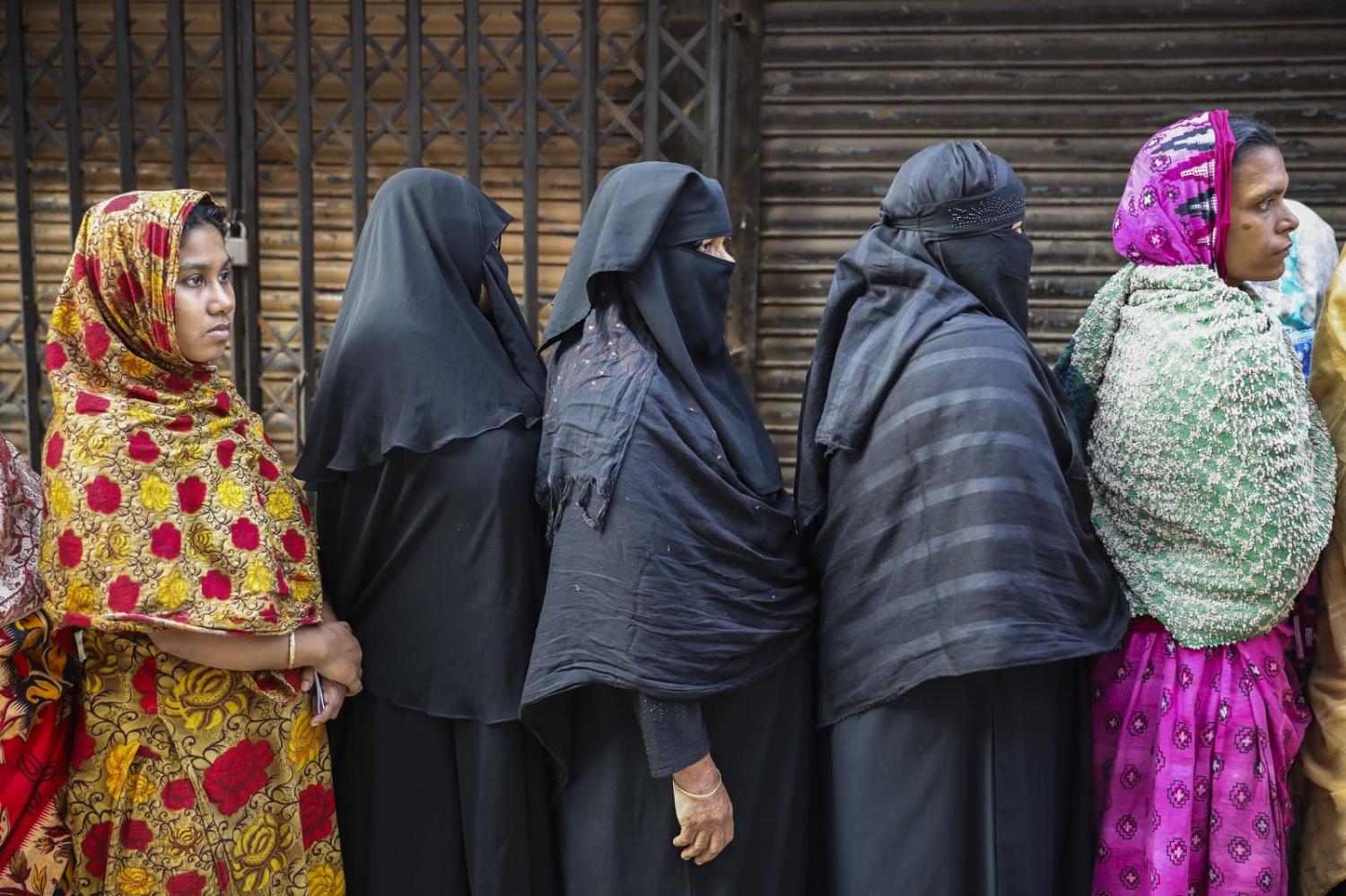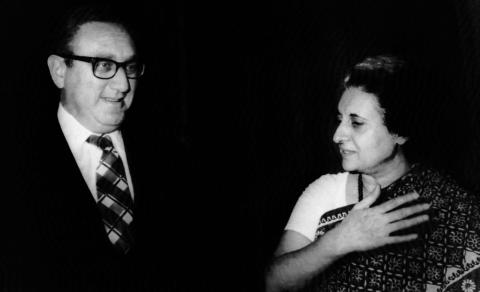Ahead of elections in Bangladesh next year, the US Department of State has introduced a new visa restriction policy aimed at supporting a “free and fair” ballot in the country. “Under this policy,” said US Secretary of State Antony Blinken when announcing the changes last month, “we can impose visa restrictions on individuals and their immediate family members if they are responsible for, or complicit in, undermining the democratic election process in Bangladesh.” He indicated this could include current and former Bangladeshi officials, members of pro-government and opposition political parties, and officials from law enforcement, the judiciary and security services.
Today, I announced a new visa policy to promote free and fair elections. Under this policy, we can impose visa restrictions on individuals and their immediate family members if they are responsible for, or complicit in, undermining the democratic election process in Bangladesh.
— Secretary Antony Blinken (@SecBlinken) May 24, 2023
This latest move continues what has become a noticeable shift in recent years in Washington’s approach to addressing human rights concerns in Bangladesh. In 2021, sanctions were imposed on senior officials of the Rapid Action Battalion (RAB) over accusations of extrajudicial killings and enforced disappearances. The Biden administration also left Bangladesh off the invitation list for its two “Summit for Democracy” events in 2021 and 2023. This was despite other South Asian countries with relatively lower rankings on The Economist Democracy Index, such as Nepal (101) and Pakistan (107), being included while Bangladesh (73) was not (Pakistan chose not to attend).
The US restriction has since led to tensions in the US relationship with the ruling Awami League party in Dhaka, reflected in Prime Minister Sheikh Hasina’s remarks during a recent BBC interview that the United States was “unable to accept the improvements I have made for Bangladesh”.

Hasina has been in power since 2009, and the last two elections in particular have proved controversial. But US concerns about fostering democracy in Bangladesh must also be considered alongside its growing strategic interests in the country.
Bangladesh, the centerpiece of the Bay of Bengal, holds an important place in the US-led Indo-Pacific Strategy aimed primarily at countering China’s growing influence. Washington has sought to establish stronger security ties with Bangladesh and in 2019 proposed two defence agreements – the General Security of Military Information Agreement and the Acquisition and Cross-Servicing Agreement. These remain under consideration.
Dhaka’s own approach to the Indo-Pacific, outlined this year, offered some succor to the Washington view but was carefully crafted to uphold the principle of non-alignment and ensure that its interests with Beijing were not undermined. Bangladesh and neighbouring India have also reportedly opted to conduct export-import transactions using local currency instead of the US dollar, which has led to some crowing from Russia about the prospect of “de-dollarisation”.
When interests are not aligned, questions inevitably arise about whether democracy promotion is being applied as a pressure point in relations. The US intention with Bangladesh in the Indo-Pacific region may be distinct from its efforts around fostering democracy. But there remains a risk of blowback – that local resentment over perceived interference could drive Bangladesh towards China.
Such questions might be answered by the conduct of the elections themselves. The main opposition has seemingly lost momentum, allowing that the poll is still months away. Sheikh Hasina has insisted that previous elections have been fair. If Washington is to gainsay Hasina’s assurances and she goes on to retain power, what goodwill is left in the relationship could evaporate.

